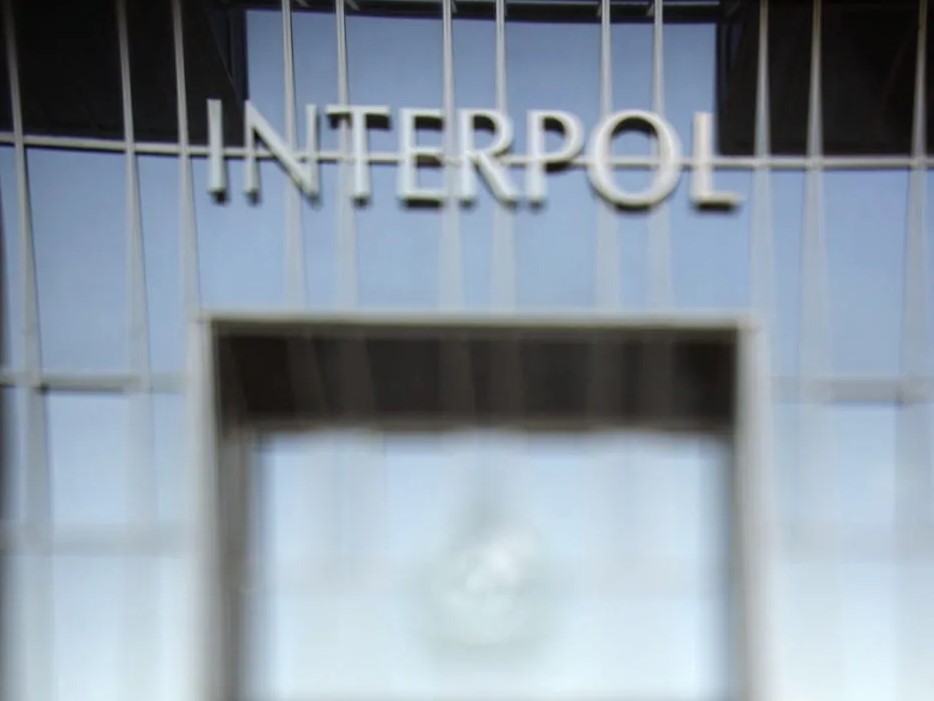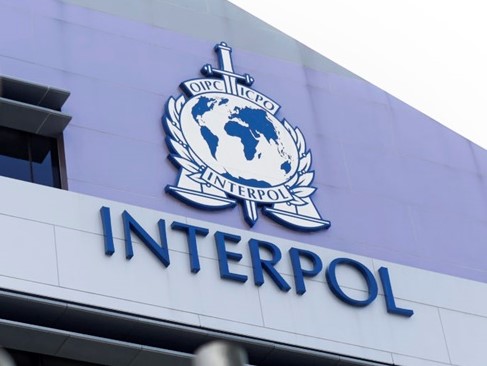International criminal law encompasses complex legal frameworks that govern transnational crimes and cooperation among nations. At the heart of this global cooperation is Interpol, the International Criminal Police Organization. Interpol serves as a vital platform for law enforcement agencies worldwide to collaborate in combating international crime. A key tool utilized by Interpol is the issuance of Red Notices. A Red Notice is a request to law enforcement agencies worldwide to locate and provisionally arrest an individual with the intention of extradition or surrender. It serves as a mechanism to alert authorities to the existence of a warrant or judicial decision issued by a member country. Red Notices are not arrest warrants themselves but facilitate international cooperation and the extradition process.
Understanding the role of Interpol and the implications of Red Notices is crucial when navigating international criminal law and ensuring effective defense strategies. At UAE Lawyers, our team of international criminal law experts is well-equipped to provide comprehensive legal guidance and representation in matters involving Interpol Red Notices and extradition requests. We are committed to protecting the rights and interests of our clients in the face of international legal challenges.


When dealing with international law enforcement, it is important to understand the various types of Interpol notices and the concept of extradition. Interpol issues seven types of notices:
Red Notice: (seeking the arrest of a wanted person)
Blue Notice: (seeking information about a person's identity or activities)
Green Notice: (providing warnings or intelligence about individuals involved in criminal activities)
Yellow Notice: (seeking help in locating missing persons)
Black Notice: (seeking information on unidentified deceased individuals)
Orange Notice: (warning about potential threats, such as dangerous criminals or missing weapons)
Purple Notice: (seeking or providing information on modus operandi, objects, devices, or methods used by criminals)
Extradition refers to the process by which a person accused or convicted of a crime is surrendered by one country to another for trial or punishment. In the UAE, extradition is governed by international treaties, bilateral agreements, and domestic legislation. The UAE has established a strong commitment to international cooperation in criminal matters and has extradition treaties with several countries. Extradition requests are generally evaluated based on the principle of dual criminality, meaning that the offense for which extradition is sought must be a crime in both the requesting country and the UAE.
The crimes for which an individual can be extradited from the UAE depend on the specific provisions outlined in the relevant extradition treaties or agreements. Generally, extraditable offenses include serious crimes such as murder, terrorism, drug trafficking, fraud, and other offenses punishable by a significant prison term. It is important to seek legal counsel and understand the specific extradition laws and agreements that apply in each case.
At UAE Lawyers, our experienced team of international law specialists is well-versed in the intricacies of Interpol notices, extradition proceedings, and the legal framework surrounding transnational crime. We provide strategic advice and skilled representation to individuals facing extradition requests or dealing with complex international legal matters. Our goal is to protect our clients' rights and ensure their interests are safeguarded throughout the extradition process.
Arrest Warrant: A Red Notice requesting the arrest of an individual with the intention of extradition or surrender based on a valid arrest warrant issued by a member country.
Precautionary Red Notice: This notice aims to provide warning and intelligence about individuals who may pose a threat to public safety or may be involved in criminal activities.
Wanted by the Judicial Authorities: A Red Notice issued when an individual is wanted by the judicial authorities of a member country for prosecution or to serve a sentence.
Missing Persons: Red Notices can also be used to seek assistance in locating missing persons, particularly in cases involving potential danger or criminal circumstances.
Unidentified Deceased Persons: These notices are issued to obtain information on the identity of deceased individuals when their identities remain unknown.
Publicity Red Notice: This type of notice seeks public assistance and media attention to gather information on a fugitive's whereabouts.
When INTERPOL issues a Red Notice, it is crucial to respond promptly and take appropriate action. The first step is to seek legal advice from an experienced international law attorney who can assess the situation, evaluate the validity of the notice, and guide you through the necessary steps to address the issue effectively. This may involve gathering evidence, coordinating with legal authorities, and preparing a strong defense strategy.
In recent years, INTERPOL has increasingly utilized social media platforms as a tool to enhance its law enforcement efforts. Social media channels enable INTERPOL to reach a broader audience, disseminate information about wanted individuals or missing persons, and seek public assistance in locating fugitives. By harnessing the power of social media, INTERPOL aims to engage the public and encourage their active participation in combating crime.
At UAE Lawyers, our team of international law experts is well-versed in navigating the complexities of INTERPOL Red Notices. We provide comprehensive legal guidance and strategic representation to individuals facing Red Notices or dealing with related international legal challenges. Our priority is to protect our clients' rights and interests while devising effective strategies to address the situation.
When dealing with Interpol and the complexities of international law enforcement, it is crucial to avoid common mistakes that can have serious consequences. Four common mistakes individuals can make about Interpol include:
Underestimating the Impact: Interpol's reach and influence should not be underestimated. Any involvement in criminal activities or connection to a Red Notice can have far-reaching implications, affecting travel, employment prospects, and personal reputation.
Ignoring a Red Notice: Disregarding a Red Notice is a grave error. It is essential to take the notice seriously and seek immediate legal advice to understand the implications and devise an appropriate response strategy.
Self-Representation: Trying to navigate Interpol proceedings without professional legal representation can be risky. Interpol cases involve complex legal procedures, international cooperation, and intricate defense strategies. Engaging an experienced international criminal defense lawyer is crucial to safeguarding your rights and mounting an effective defense.
Lack of Awareness of Rights: Failing to be aware of your legal rights and the protections available can be detrimental. Understanding the extradition laws and regulations in the UAE and knowing the possible legal defenses can significantly impact the outcome of your case.
When facing an extradition request in the UAE, several legal defenses may be available. These can include challenging the sufficiency of evidence presented, asserting violations of due process rights, questioning the legality of the extradition request, or demonstrating that extradition would be disproportionate or unjust in the given circumstances. Seeking legal advice from an international criminal defense lawyer experienced in extradition matters is essential to assess the available defenses and develop a robust legal strategy tailored to your specific case. At UAE Lawyers, we offer comprehensive legal support to individuals dealing with Interpol matters, extradition requests, and other international criminal defense issues. Our team of skilled international criminal defense lawyers in the UAE has a deep understanding of Interpol processes and extradition laws. Contact us today to schedule a consultation and benefit from our expertise in navigating complex international legal challenges. We are committed to protecting your rights, mounting a strong defense, and achieving the best possible outcome in your case.